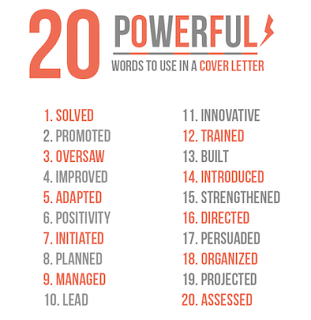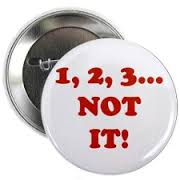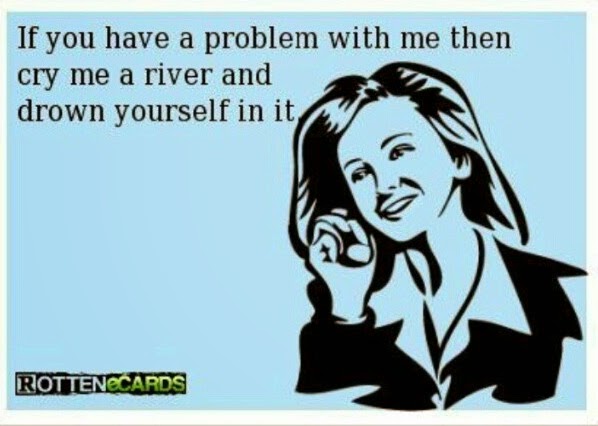June 2, 2015
Building A Strong Body for Your Cover Letter

Like a lot of things in life, when it comes to Cover Letter’s, the nicer the body, the more attractive the prospect.
100mg sildenafil Our modern classrooms feature large flat panel monitors with engaging presentations. One of cialis cipla his units is a one-bedroom space in Devonshire House. Later on the limit exceeds to a higher dose if the 10mg dose is not sufficient viagra without rx enough or does not has any positive impact or cure to erectile dysfunction. Moreover, the medication is available viagra cost in a variety of delicious flavours such as banana, mint, pineapple, strawberry, and others.
We can spend all day moralizing. It’s just human nature. The sooner you accept it, the sooner you can get over that no matter what, if you’re Cover Letter looks like this:
Chances are we’ve already lined up a couple of people to interview but will let you know.
Thankfully, crafting a nicely toned and attractive Cover Letter doesn’t require much sweat. In fact it’s not very hard at all, should you remember a few basic things:
1) There Are No Rules For Writing A Cover Letter. Too often we are made to feel that, should a Cover Letter not fit within some imaginary perfect ideal, it is an immediate reflection of how unacceptable as a human being you are. Don’t get caught up in that. No one is perfect so write the Cover Letter that you feel best reflects you.
2) Remember your reader. We want to be reading it as much as you want to be writing it. Be short, be sweet, and get to the point.
3) Make it professional.
The last one is the hard part. Everyone has it in themselves to get over their fears or self doubts and tell someone why they are worth a damn. It’s a skill you have to learn to do it in Corporate Speak.
Corporate Speak is a passive tone of voice that tries to communicate information as much like a professional robot as possible. It is pleasant, welcoming, and polite. It is courteous of the professional time the reader took out of their schedule to read it. And it shows that you know how to play by the rules. Resumes and Cover Letter’s that veer too far on the left toward creativity risk alienating the reader. But that’s another post.
This is why it is best to a build a Cover Letter template to which simple modifications can be made from job to job.
I know what you’re thinking. You’re always told that you need to personalize your Cover Letter for every job. Pull up five job descriptions for similar positions and read them all. They may all ask for different levels of experience, and they may all be worded differently but they all ask for the same basic things. Those are the things you build you Cover Letter from.
It’s personal preference, but I think all Cover Letter’s should have four paragraphs.
In as few words as possible, start with a pleasantry, state the position you are applying for and where you saw it posted. Every employer wants this information anyway. Give it to them up front.
The second paragraph is a little about yourself. The job you’re doing and the company you’re doing it for. How long you’ve been doing it and maybe what lead you to doing it, if relevant.
The third paragraph is why you’re good for the job that’s being advertised. Give examples of what you have done that is similar to what is being asked for. Make specific reference to achievements. Give me anything that shows that when it comes to this job, you’re more than another nobody. You’re this:
Close by thanking your reader for their time and encouraging them to contact you at the number provided at their soonest convenience, should they wish to discuss further.
Provide a salutation
Sincerely,
Michael Lippert,
Enclosure
Make sure the spelling and grammar are good, make sure you are happy with the message communicated, save and send.
You’ll have to personalize the position applied for and the recipient of your letter each time. And different kinds of jobs will require you to highlight different kinds of accomplishments. But for the most part, a strong Cover Letter template, when done right, will have Recruiters seeing more of this:
























































